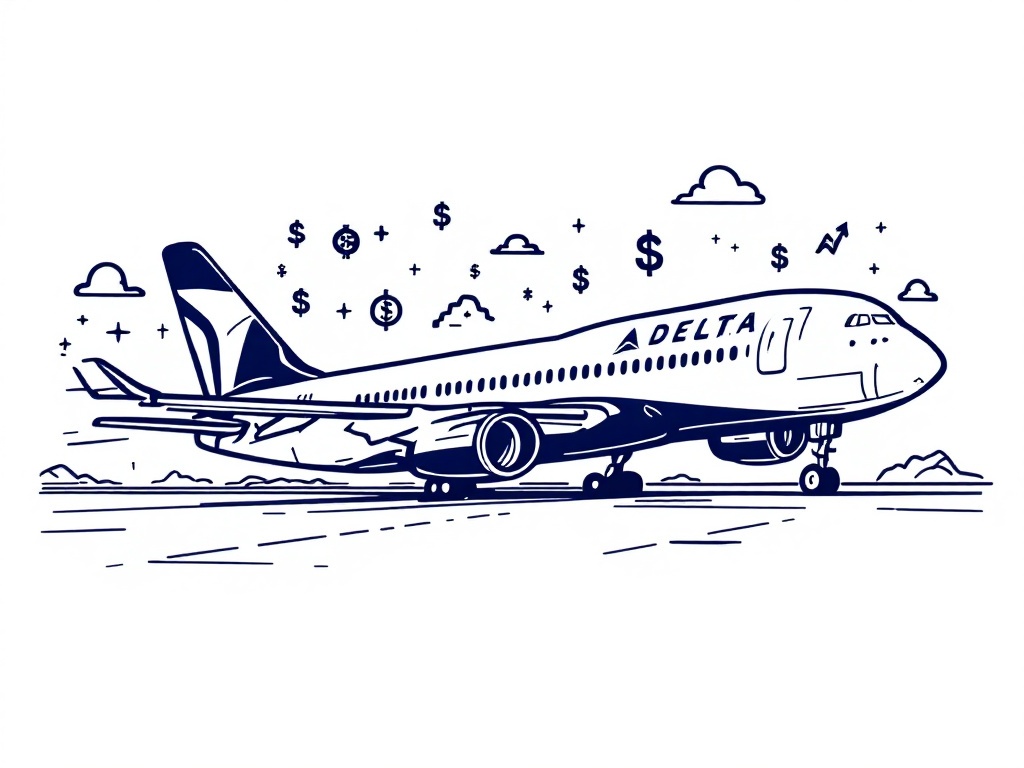Delta Air Lines Bets on Premium Travel as Key Growth Driver for 2025

Atlanta, Wednesday, 20 November 2024.
Delta projects mid-single digit revenue growth for 2025, with a strategic shift toward premium services. The airline expects premium seat revenue to surpass economy by 2027, marking a dramatic evolution from 12% to 70% in paid first-class seats. This transformation, alongside a projected $7 billion in American Express partnership revenue, signals Delta’s focus on high-end travel amid a resilient economy.
Strategic Financial Outlook and Growth Projections
Delta Air Lines, Inc. (NYSE: DAL) has outlined an ambitious financial trajectory for 2025, forecasting a mid-single digit revenue growth. The airline’s focus on capacity expansion of 3% to 4% aligns with its broader strategy to capitalize on high-margin premium travel. As the airline industry navigates post-pandemic recovery, Delta aims to leverage its robust partnership with American Express, which is expected to contribute $7 billion in revenue for the current year. Analysts’ forecasts are slightly optimistic, with a 6% growth expectation, reflecting confidence in Delta’s strategic priorities[1][2].
Premium Travel as a Catalyst for Revenue
Delta’s strategic pivot towards premium services is a key component of its growth plan. The airline’s president, Glen Hauenstein, highlighted that the proportion of paid first-class seats has surged from 12% to over 70% in recent years. This shift underscores a significant change in consumer behavior and Delta’s commitment to enhancing the premium travel experience. By 2027, Delta anticipates that premium seat revenue will exceed that of economy, a testament to its innovative approach to cabin segmentation and premium offerings[3][4].
Navigating Economic and Geopolitical Challenges
Despite optimistic growth projections, Delta faces several challenges, including geopolitical tensions and military conflicts affecting global security and revenue streams. The airline’s strategic plans are also susceptible to risks such as supply chain disruptions, particularly in aircraft fuel, and compliance with global privacy regulations. As Delta approaches its centennial, these challenges necessitate a careful balancing act to maintain its competitive edge and financial resilience[5][6].
Commitment to Financial Discipline and Sustainability
Delta’s financial framework emphasizes margin expansion, durable earnings, and free cash flow, reflecting the airline’s disciplined approach to financial management. The airline aims for a mid-teens operating margin and $3-5 billion in annual free cash flow, showcasing its commitment to sustainable growth. With over $40 billion in unencumbered assets and a gross leverage target of 1x, Delta is well-positioned to achieve its long-term financial goals while navigating industry uncertainties[7][8].